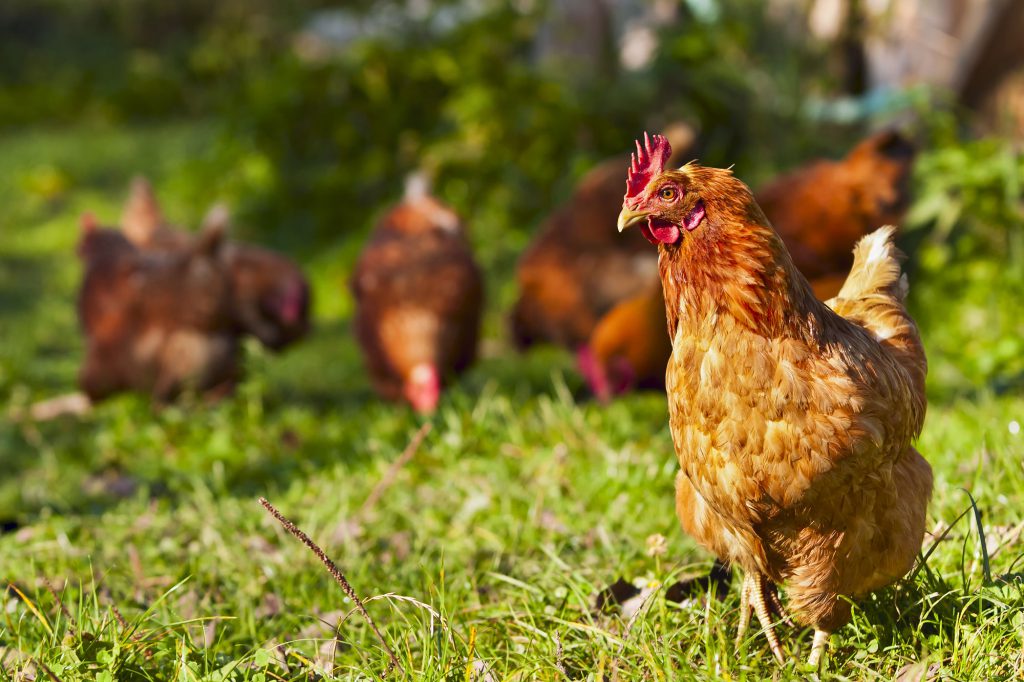
I was watching BBC breakfast the other day and they were broadcasting from a Gin distillery. During the intro to the item Steph McGovern talked about the growth in the gin market and the numbers of micro distilleries popping up around the country. But how many of these artisan gins or ‘fusions’ are entirely honest about their provenance?
The reason I can ask this is twofold – number one is I drink a lot of gin (I have two kids, you need to) so I have become a wee bit of an amateur connoisseur. The second is having worked with companies in that sector I hear a lot about the sourcing and production that takes place and how this does not reflect the wording on the bottle.
The growth in gin and vodka brands is seemingly fuelled by imports of industrial spirit and the use of neutral grain. This bulk liquid is then infused and sold as small batch or blended spirits. Furthermore, when you dig deeper into the gin sector you realise that there are a couple of master distillers who, I would wager, are ultimately responsible for the majority of these gins. That’s not to say they are coming up with the products, they merely have the knowhow and kit to help armchair artisans get set up.
The giveaways are relatively obvious – look up the trading addresses for some of these artisan Gins on Google street view and you will find residential properties – not distilleries. Also, and even more obviously, if you believe everything the labels say, you might be forgiven for thinking that every rise in the landscape above 1m AOD plays host to a natural spring or better still a complex filtration system formed over thousands of years – either of which act as the source for this amazing gin. Try drinking gin with a geologist and they will soon tell you that most of these water sources simply do not exist. The truth is, one of the biggest distilleries is in Clapham and so you are not drinking water filtered by the south downs, you are more likely drinking the Thames…! (Not really but it helps make the point).
Now, I accept the marketing sector has some blood on its hands here, ‘we’ have been known to embellish the odd fact but with Provenance likely to be one of the biggest factors in consumer choice, is the gin market an example of how not to do it?
Provenance is not about fancy wording, it’s about selective supply chain, ethics, transparency and locale. As a nation we are demanding more knowledge about where our food and drink comes from, how it has been reared, treated and produced and its important. So don’t fake it. Stay true to your product and be honest in your marketing. If you cannot source all your products in the UK then so be it. If you change suppliers annually to ensure the best produce, say so. If you have you own version of fair trade that’s fine, explain it. Don’t try and pull the wool over consumers eyes if you want to build a lasting and quality reputation for you and your products.
